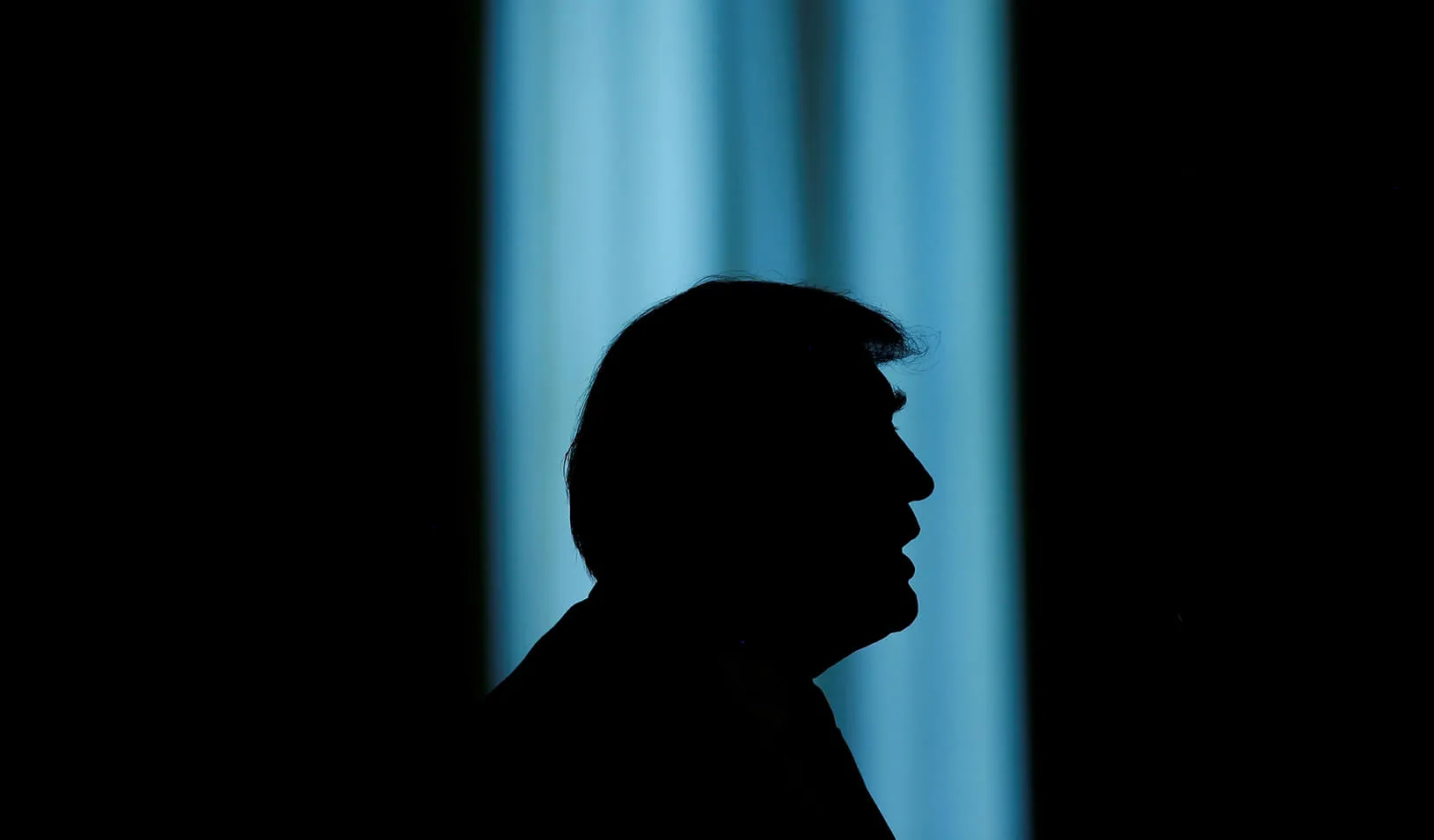September 06, 2018
| by Edmund L. AndrewsCould Donald Trump’s chaotic management style scare the economy into a downturn?
Probably not. But if the economy does hit a rough patch, warns Nicholas Bloom at Stanford Graduate School of Business, the president’s volatility is likely to make things worse.
Bloom, a professor of economics, has been studying the economic impact of “uncertainty shocks” for years. He is also a co-creator, with Steven J. Davis at the University of Chicago and Scott Baker at Northwestern University, of the much-followed Economic Policy Uncertainty Index.
One of Bloom’s key conclusions is that uncertainty shocks, including uncertainty about economic policy, amplify the impact of a downturn.
And President Trump, says Bloom, has clearly elevated the level of uncertainty.
“Whether you love or loathe Trump’s policies, it is clear that he is unpredictable,” he says. “He changes his mind often and changes his advisors even faster. That makes him the most unpredictable president in recent times.”
If the economy hits a pothole, for whatever reason, Trump’s unpredictability is likely to paralyze investors and corporations even more than usual. But even if the economy doesn’t tank, Bloom says, the unpredictability will take a toll.
“He’s increased the level of uncertainty,” he says. “That’s going to edge down long-term growth, and it’s very easy to understand why. If you’re a firm making long-run investments in R&D projects or in hiring and training, those investments become less attractive as uncertainty goes up.”
In a new paper, Bloom and four colleagues estimate that a severe uncertainty shock can reduce Gross Domestic Product by as much as 2.5% — a very big hit, given that U.S. economic growth barely averages 3% a year.
The initial shock to an economy can be sparked by something basic, like a housing slump or drop in consumer demand. But uncertainty amplifies the original blow, because businesses hold back on investing and hiring, which depresses economic activity even more. Uncertainty also undermines productivity growth, which is the bedrock of economic growth, because it slows the reallocation of capital to more productive uses. Strong companies stop expanding, but weak ones stop contracting too — everybody becomes paralyzed, like deer caught in headlights.
Strong but Skittish Market
To be sure, U.S. economic growth has been strong and the stock market has surged since Trump’s election. But Trump has repeatedly jolted investors, especially with his bellicose push for tariffs on imports against trade partners from China and Canada to the European Union.
The Economic Policy Uncertainty Index, which scores uncertainty by tabulating news coverage, indicates that uncertainty about trade policy has shot up five-fold since 2015 and has become a major driver of rising policy uncertainty.
Trump’s tariffs, and his threats of bigger ones to come, have repeatedly roiled the stock markets. On seven days in the first half of 2018, according to an analysis by Steve Liesman of CNBC, the Dow Jones Industrial Average plunged by an average of 1.7% in response to announcements by Trump of new tariffs. Those drops added up to a combined drop of $700 billion in market value. And though stock prices generally bounced back, the uncertainty remains high.
Unfortunately, Bloom predicts, policy uncertainty is likely to keep climbing in the United States and in many other nations.
“In the last five years, politics have been the main driver of uncertainty, and it’s been driven by the rise of backlash against populist leaders,” he says. “I think this all stems from rising inequality — people are angry and vote for more radical politicians. If inequality does not subdue, I do not see this changing. If you have 50% of the population seeing no gains from free market capitalism, they will naturally vote for anti-establishment politicians.”
For media inquiries, visit the Newsroom.






